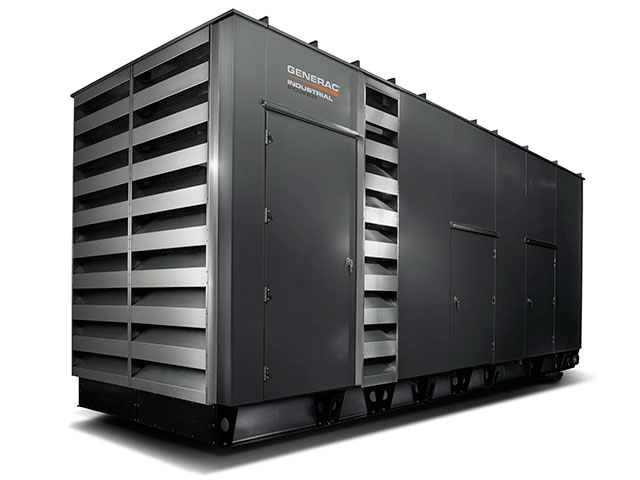Bounce Back Quickly with Emergency Response Planning
When disaster delivers a blow to your business, it’s important to try to get it back on its feet. A good emergency response plan will often lead into successful business continuity.
Having a detailed plan for cases of emergency will help you bounce back swiftly, meaning that the service you provide faces minimal disruption. Here are some things to consider if you want to ensure your business bounces back from an emergency as quickly as possible.
1. Backups
While the data leak scandals of recent years can have business owners concerned about duplicating sensitive data, it is a must when it comes to good preparedness. The fact that 90% of all business records are now electronic does help things greatly, but you can still be caught short if your records are kept on a handful of computers.
It’s best to decentralize your digital backups, either in a separate location on a different computer or in a secure online location.
Move your hard-copy backups to a new location as well, like at your home in a safe space or in a storage facility. It is essential that you ensure vital data is backed up once, if not twice.
2. Safeguarding Assets
While your number one priority should always be the safety of your staff, it is understandable that vital and expensive assets such as machinery need to be considered in your emergency response planning.
It isn’t feasible to try to move heavy equipment in the middle of an emergency. Some prior planning can give valuable items a degree of protection. For example, a high quality sprinkler system can leave your factory floor nearly untouched by a fire.
3. Keep Customers Informed
Once the immediate danger has ceased, your business could be out of action for a few days, so you need to make sure you have the systems in place to inform your customers.
A pre-recorded message for customers using your phone lines and a notice on your website can make a world of difference when it comes to future customer loyalty.
4. Make Sure You’re Covered
You should review your insurance policy on a regular basis to make sure your business is completely covered for all likely possibilities. Make sure you read the fine print and update your policy as needed when your business grows or changes.
5. Having a Secondary Source of Power
Sometimes an emergency elsewhere may impact your business. This most commonly happens when power lines are damaged by natural disasters. It can take weeks for power to return and can cause your business to grind to a halt. Many larger businesses find a backup generator a wise investment as it allows them to still operate in times of power outage.
To find a generator for your business, check out Allied Rental Company’s inventory of diesel-fueled generators. A diesel-fueled generator is the best way to make sure they are able to bounce back and land on their feet, because it can power a business for many months, if necessary. Our generators are reliable and affordable to businesses of all sizes.

